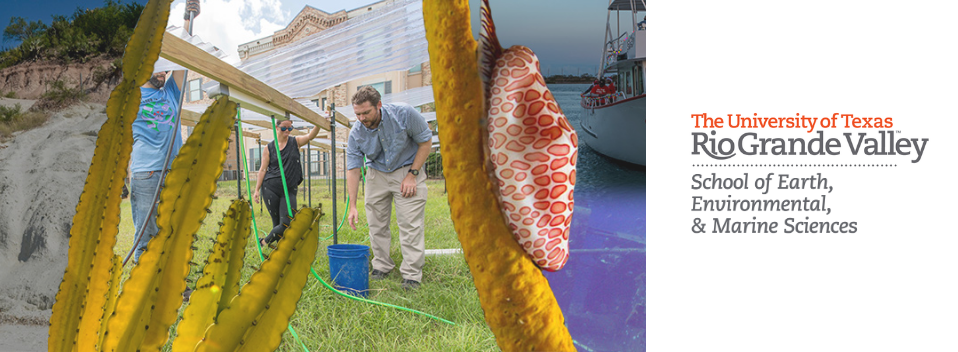
School of Earth, Environmental, & Marine Sciences Faculty Publications
Document Type
Article
Publication Date
5-2024
Abstract
Numerous genomic methods developed over the past two decades have enabled the discovery and extraction of orthologous loci to help resolve phylogenetic relationships across various taxa and scales. Genome skimming (or low-coverage genome sequencing) is a promising method to not only extract high-copy loci but also 100s to 1000s of phylogenetically informative nuclear loci (e.g., ultraconserved elements [UCEs] and exons) from contemporary and museum samples. The subphylum Anthozoa, including important ecosystem engineers (e.g., stony corals, black corals, anemones, and octocorals) in the marine environment, is in critical need of phylogenetic resolution and thus might benefit from a genome-skimming approach. We conducted genome skimming on 242 anthozoan corals collected from 1886 to 2022. Using existing target-capture baitsets, we bioinformatically obtained UCEs and exons from the genome-skimming data and incorporated them with data from previously published target-capture studies. The mean number of UCE and exon loci extracted from the genome skimming data was 1837 ± 662 SD for octocorals and 1379 ± 476 SD loci for hexacorals. Phylogenetic relationships were well resolved within each class. A mean of 1422 ± 720 loci was obtained from the historical specimens, with 1253 loci recovered from the oldest specimen collected in 1886. We also obtained partial to whole mitogenomes and nuclear rRNA genes from >95% of samples. Bioinformatically pulling UCEs, exons, mitochondrial genomes, and nuclear rRNA genes from genome skimming data is a viable and low-cost option for phylogenetic studies. This approach can be used to review and support taxonomic revisions and reconstruct evolutionary histories, including historical museum and type specimens.
Recommended Citation
Quattrini, A. M., McCartin, L. J., Easton, E. E., Horowitz, J., Wirshing, H. H., Bowers, H., Mitchell, K., González-García, M. d. P., Sei, M., McFadden, C. S., & Herrera, S. (2024). Skimming genomes for systematics and DNA barcodes of corals. Ecology and Evolution, 14, e11254. https://doi.org/10.1002/ece3.11254
Creative Commons License

This work is licensed under a Creative Commons Attribution 4.0 International License.
Publication Title
Ecology and Evolution
DOI
10.1002/ece3.11254


Comments
© 2024 The Authors. Ecology and Evolution published by John Wiley & Sons Ltd.
This is an open access article under the terms of the Creative Commons Attribution License, which permits use, distribution and reproduction in any medium, provided the original work is properly cited.